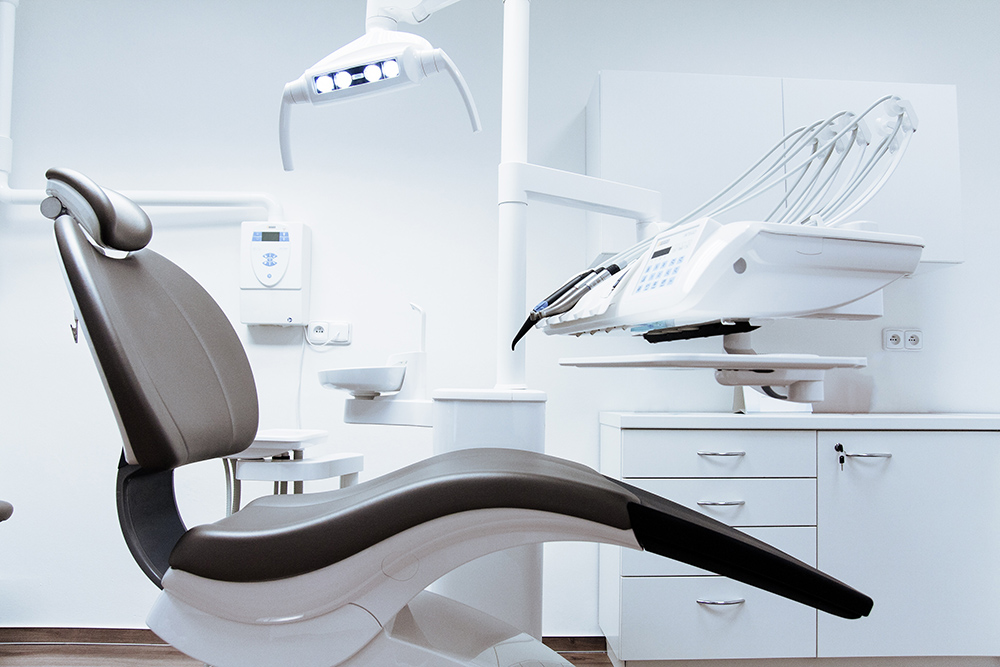
When it comes to your health, your doctor usually has an information advantage. She knows about treatment options, which options are appropriate and what those treatments cost. You rely on her to make recommendations. Even after treatment, you may not know if the course of action was the best available, how well it worked, or if the cost was justified.
Researchers in Switzerland found that a significant number of local dentists abuse this relationship.
Felix Gottschalk and his colleagues at ETH Zurich, a Swiss research university, designed a test to measure “overtreatment recommendations.” They sent a man in his 20s with relatively perfect teeth and a recent X-ray to 180 local dentists for a recommendation and a cost estimate. The patient had a superficial cavity on one tooth, which the Swiss Dental Guidelines recommend should only be brushed regularly and checked again in a year, not filled.
They set up the experiment with two variables: In one, the patient sometimes signals that he is seeking a second opinion online. In the second variable, he dresses as either a wealthy person (in a suit) or a poorer person (a hoodie and sneakers).
Gottschalk and his colleagues publish their findings in a 2017 working paper:
- 28 percent of dentists (50 out of 180) recommended treatment; the average quote was about $550. The cost of the diagnostic visit ranged from $0 to $217.
- These 50 dentists suggested between one and six fillings on a total of 13 different teeth.
- The poorer-looking patient was 17 percentage points more likely to receive an overtreatment recommendation; this fell slightly when he noted he was seeking a second opinion.
- 60 percent of dental practices fail to post prices. Those that do post prices are 16 percentage points less likely to make overtreatment recommendations.
- A longer wait time for an appointment (i.e., the dentist is busy) is associated with a lower chance of being overtreated – an additional day waiting reduces the chance of being overtreated by about one percentage point.
See our resource pages on public health, health care and inequality.
